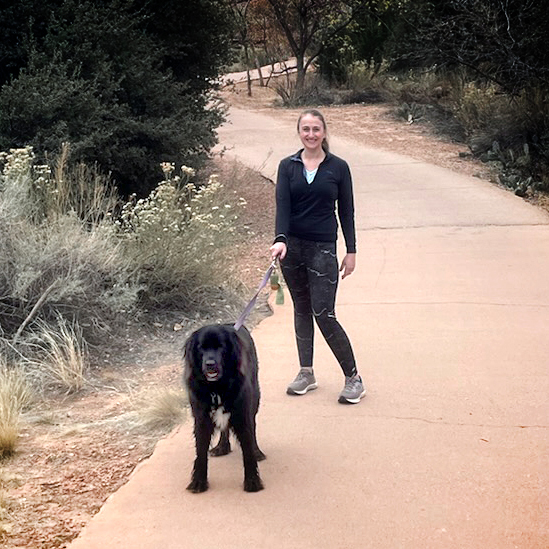An Interview With Dr. Elisabeth Mulroy
Dr. Elisabeth Mulroy, MD began working about one year ago and provides general urology care at the South Jordan Health Center. She trained at University of Connecticut and graduated in 2020. She specializes in management of benign prostatic hypertrophy and kidney stones.

Q - You recently started at University of Utah, where are you practicing and what will be your emphasis within urology?
I am based out of the healthcare center in South Jordan and work there 4 days per week. I also have an office day at the Sugarhouse location on Mondays.
Q - You were in a community practice on the East Coast prior to coming back to Utah, why the move and what attracted you to an academic position?
My position on the East Coast wasn’t the right fit for me. I realized after I left residency that I missed academic medicine. There is a camaraderie and community within academic medicine which allows for a team approach to healthcare. I feel that this leads to better outcomes for the patient.
Q - You grew up in Utah and have a lot of connections with the University, is it good to be back in a place that you know really well.
Utah was an amazing place to grow up and some of the physicians I work with now are those that inspired me to go into medicine and more specifically urology. It has been great to be back and working with some physicians I have known and respected most of my life.
Q - What is a big difference between practicing general urology in a community setting versus at an academic practice?
The biggest difference between my previous community practice and an academic setting is access to resources and subspecialties. When I was in a community practice there were times when I had to refer patients to tertiary care centers many hours away to obtain care. Having the ability to connect patients to the providers and resources they need in an efficient manner makes my job easier and more rewarding.
Q - Do you have any advice for trainees that are starting urology about staying health and avoiding burnout during training and afterward.
Residency is tough. I think that it is important to remember to take time for yourself. Make sure that you take the time to cook meals, stay in touch with family and friends and get outside. It is easy to get caught up and forget to take time for yourself.
Q - What do you like the most about Utah outside of working at the University?
I really missed the mountains and the accessibility of the outdoors while living on the East Coast. I enjoy hiking and it is amazing to have a trail system so close to the city. We have enjoyed exploring the local lakes and reservoirs. Also, it’s been great to be closer to my family.